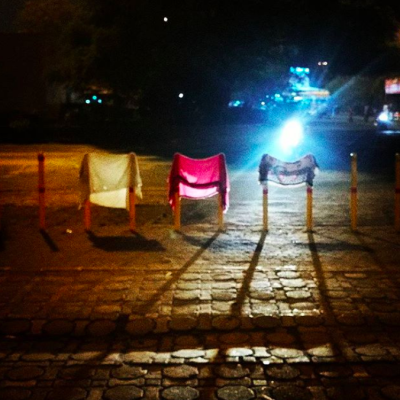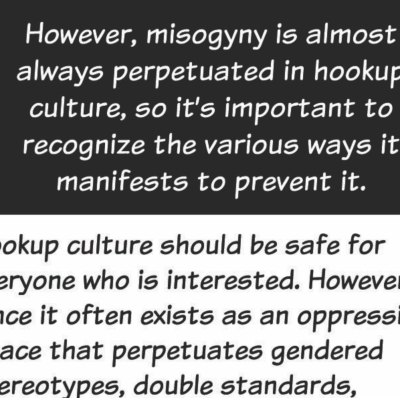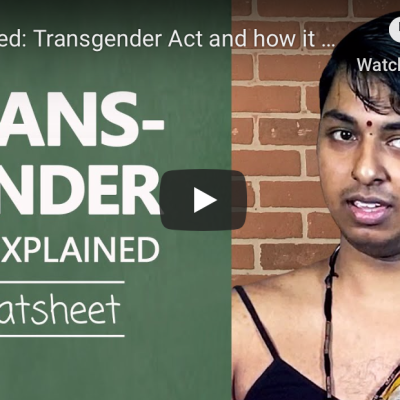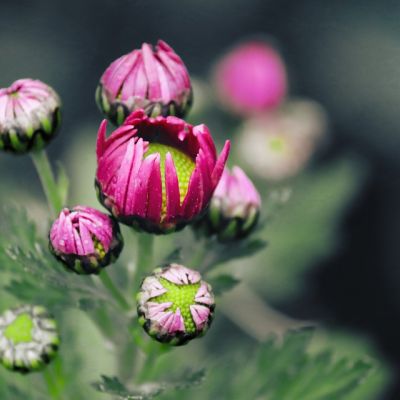agency
Risk by itself is not a stigmatised subject, but sexuality is, and has been for generations. This has led to closeting, to shutting the door, on many necessary conversations about the risks to rights that millions of vulnerable individuals and many vulnerable communities live with, across the globe.
While highlighting safety from, media narratives often dismiss safety to: express oneself, be it through the way we identify and communicate, or through the body. Not only the spaces we access and the time of day we do so but also the way we perform our self-hood.
Ethical considerations and frameworks for traditional (for the lack of a better term) have had decades of debates, discussions, and revisions to have Boards of Review with similar ethics regulations (although they are still being critiqued).
I gave myself the freedom to choose. And I chose to re-examine my assumptions. Maybe it was possible to ask strange men for directions without being afraid of seeming vulnerable. Maybe I could plan my outfit without bothering about the fact that I would be travelling on public transport.
While navigating hook-up culture, we may exercise our agency to express our sexuality but at the same time, may face risks to our safety and bodily integrity as well as obstacles engendered by misogyny, rape culture, heteronormativity, and double standards.
Trans rights activist Kanmani Ray succinctly lays down the concerns around the Act, points out how its language reinforces the gender binary and highlights the fact that while seeking to protect the rights of trans people, the Act in fact discriminates against them.
आज मुझे लड़कियों के अपने हॉस्टल से निकले हुए तीन वर्ष हो चुके हैं, और मुझे लगता है कि हॉस्टल जीवन में मिली सभी सीखें आज भी मेरे यौनिक जीवन को सही दिशा देने में कारगर साबित हो रही हैं।
इसलिए, तुम्हारे आज के स्वः या अवतार के रूप में, मैं तुम्हें अपनी क्षमताओं में विश्वास रखने के लिए प्रोत्साहित करती हूँ, अपने सपनों पर केंद्रित रहना, एक स्वाभाविक मूल्य प्रणाली विकसित करना जो हठधर्मिता से मुक्त हो, हमेशा जिज्ञासु बनी रहना और निरंतर सीखने की अपनी इच्छा का पोषण करना, और अपना जीवन स्वतंत्र रूप से और पूरी तरह से जीना।
It may be useful to visualise sexual rights as a large tree with deep roots and a vast canopy of leaves. Or as a giant umbrella. Or a big tent. Whatever tickles your imagination and allows you to see it as a conceptual and practical tool to make claims for any aspect that relates to how we express sexuality.
Erotica, which according to statistics is largely a women dominated genre, often creates a platform where women across space and time can connect and don’t feel alienated in their sexual needs when they find a heroine with the same desire, or when they read about a plot situation which resonates with their own.
हमें इस तरह से ढाला गया है कि तथाकथित ‘विकल्प’ जो हमारे संबंधों को परिभाषित करते हैं, वे भी हमारे लिए हुए विकल्प नहीं बल्कि समाज द्वारा सृजित हैं। हालाँकि, जैसा कि हमने देखा है, इन सभी चुनौतियों के बावजूद, महिलाएँ, जब वे खुद को व्यक्तियों के रूप में महत्वपूर्ण मानने लगती हैं, तो वे अपने परिवेश और परिवार के सदस्यों के साथ बातचीत करने की रणनीति तैयार करती हैं।
In our mid-month issue Shilpa Phadke brings us an interesting mix of ideas woven from narratives of pleasure, danger, and resistance, among others, with regard to the digital streets of online spaces, and explores the conditions of possibility that will allow us to have fun in the online public space that is the Internet…
Whether it is family, society, gangs of thugs, or political parties, the threats to women’s freedom to choose in India are many and varied. To the above list, one may add the police and the judiciary as well.
India is one of the largest consumers of porn in the world, so much so that Pornhub created a mirror site following Indian government’s ban. Definitely, not all viewers of porn end up committing sexual crimes.
This is Part Two of a ‘public interview’ that TARSHI conducted last month, where our attempt was to collate people’s thoughts, notions, and experiences surrounding the choices they make, and the choices that are accessible to them, with regards to their sexuality.















